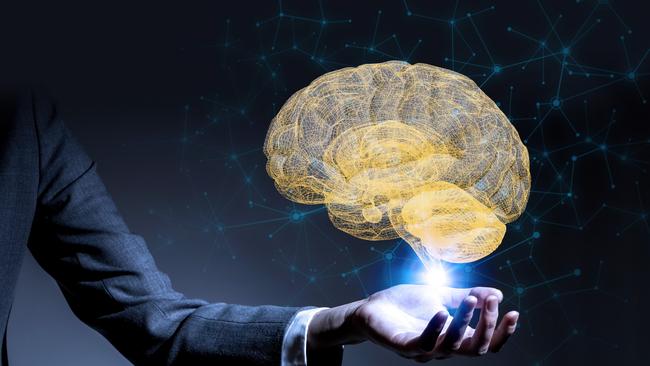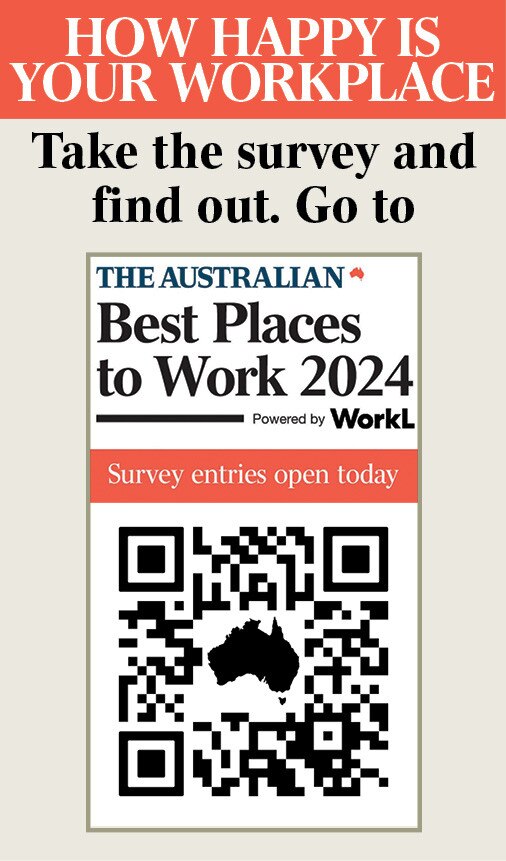Workplace roles are changing, says recruiter
A learning mindset can reduce the risks posed by generative AI in taking over more and more parts of our jobs.

“Generative AI will impact most jobs in one way or another,” says Matthew Dickason, CEO Asia Pacific of recruitment and workforce solutions specialists Hays.
“The ways it will impact roles vary from replacing routine and repetitive tasks to elements more closely related to the knowledge economy in areas such as legal case assessment, computer programming, database interrogation and customer engagement.
“However, this doesn’t mean the mass elimination of jobs. Instead, we expect to see duties shift as people work with and manage AI systems.

“The question everyone is asking is how big an impact generative AI will have. We’re yet to reach a firm consensus on whether it will replace more tasks or more jobs.”
In his opinion, jobs that rely heavily on human interaction, creativity and complex decisions are less likely to be affected.
Dickason believes AI will improve the workplace by automating routine and repetitive tasks and freeing up our time to focus on more strategic duties.
“A learning mindset has always been important for career success, but it’s now even more vital,” he says. “People must continuously upskill to take on the higher-value tasks that AI can’t complete and to learn to work with AI effectively.
“We must also remain agile and willing to adapt as new AI tools are developed, while ensuring the technology remains unbiased, ethical and fair.
“Our learning should also focus on skills that complement and improve our use of AI in our jobs,” he says. “For instance, data literacy so we can leverage AI-generated insights, critical thinking so we make informed decisions, problem solving so we can address challenges AI can’t solve, ethics and bias awareness to ensure responsible AI use, creativity for innovative ideas and emotional intelligence to build relationships and fill the gaps where AI falls short.
“It’s also important to build strong relationships with your colleagues and others in your industry. Regularly network to build a positive reputation.
“In addition, be a team player. Take the initiative to volunteer for projects or assist colleagues when possible. Exceed expectations and maintain a professional demeanour and positive attitude.”

Hays’ list of top 10 jobs that will be most disrupted by generative AI:
1. Judges, lawyers and paralegals
2. Financial analysts and advisers
3. Management consultants
4. Policy analysts
5. Educators
6. Telemarketers and customer service representatives
7. Insurance claims consultants
8. Computer programmers and coders
9. Researchers
10. Logistics and supply chain co-ordinators
Hays’ list of top 10 jobs that will be least affected by generative AI:
1. First responders, such as paramedics, police officers and firefighters
2. Doctors and nurses
3. Construction professionals
4. Tradespeople
5. Architects
6. CEOs and directors
7. Automation engineers and developers
8. Data and AI managers
9. Grounds maintenance
10. Installation and repair technicians





